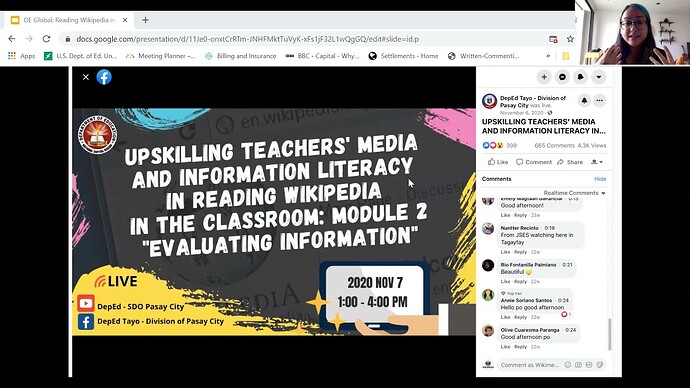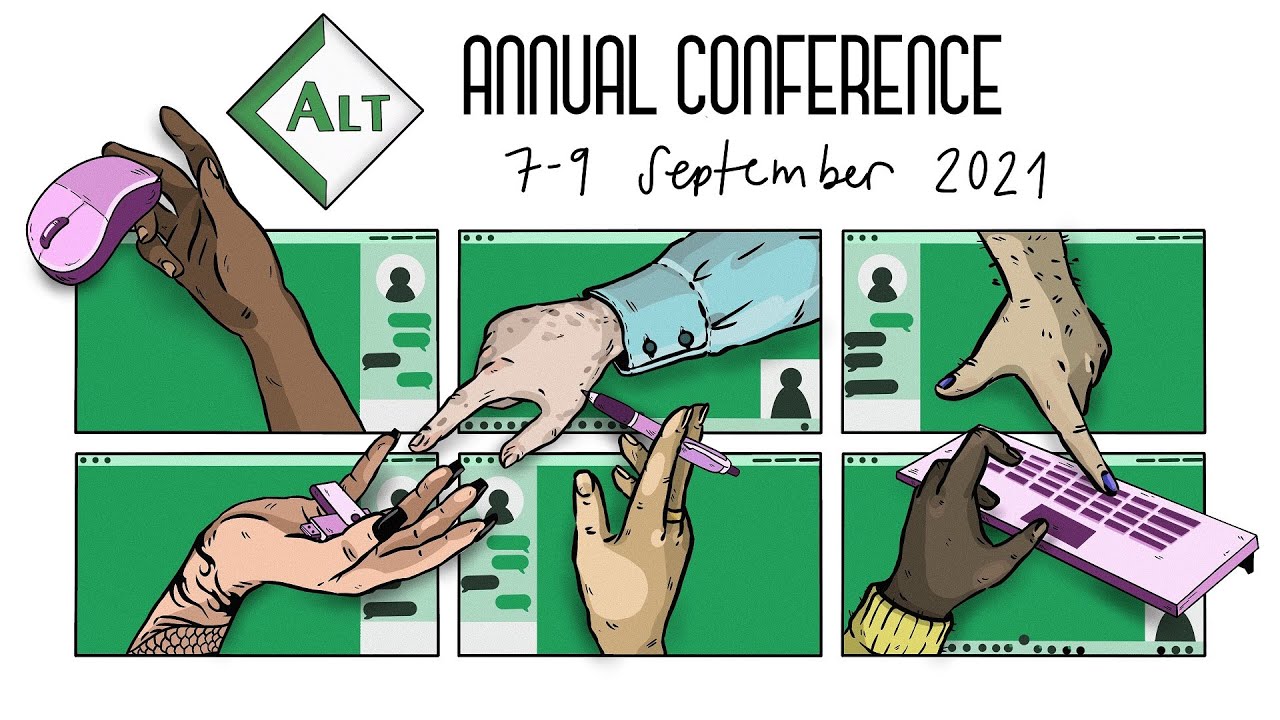Lena Patterson (eCampusOntario), Tannis Morgan (Vancouver Community College), Deborah Arnold (AUNEGe (French Digital University for Economics, Management))
Micro-credentialing has recently become a hot topic in policy and education. To many, this emphasis on granular recognition of skill and competency-based learning seemed to emerge overnight, caused principally by the economic, technological, social, and political shifts of an international public health crisis. However, alternative forms of recognition have deep roots in open education, open source technology and systems, and open practice. From this perspective, micro-credentials can be considered the current expression of what has been an ongoing effort to improve education across the lifespan. Many decades of research and thought leadership in alternative pathways, self-directed learning, gamification, and lifelong learning have, and will continue to, contribute to the evolution of this field. Developments such as open recognition, qualifications registries, and the laddering of MOOC offerings into formal programs further extend this landscape.
This session seeks to engage the global open education community in a visioning session to sharpen the focus on openness in micro-credentialing activity and guide open approaches to policy and practice at both the regional and global level. Examples of open micro-credentialing approaches will be shared and participants will be asked to contribute to a co-creation activity to generate a set of principles that are grounded in the deep experience of the open education community.
References:
http://www.irrodl.org/index.php/irrodl/article/view/4529/5269
Open Education Handbook / Open Badges (2018). https://en.wikibooks.org/wiki/Open_Education_Handbook
Extended abstract: OE_Global_2021_paper_119.pdf 📄
Webinar Information
This presentation is part of Webinar 24 Building capacity, Developing supportive policy, Facilitating international cooperation taking place in your local time → .
Webinar Access (registered conference participants only):
![]()
![]() Go to Webinar 24
Go to Webinar 24
UNESCO OER Action Area: Building capacity, Developing supportive policy, Facilitating international cooperation
Language: EnglishSee the other presentations that take place in this webinar.
Presentation Recording
Participate
Before the webinar the authors will be asked to reply below with links to their presentation materials, related videos, and other relevant links, as well as prompts for discussion here.
For anyone that missed the live session, an archive will be posted here as soon as possible.
Conference participants are urged also to reply below with questions, comments for the presenters or to share related resources.

